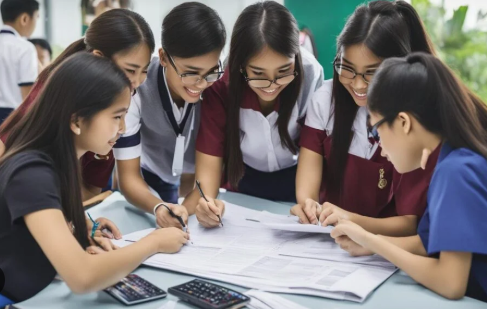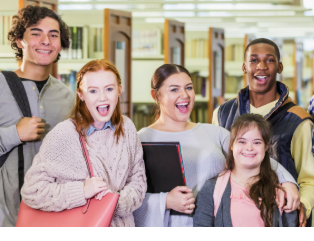Student government programs in high school serve as a powerful platform for students to learn leadership, communication, and civic engagement. These programs are designed to reflect the basic principles of democratic governance, offering students a structured way to participate in school decisions, represent their peers, and contribute to campus life. Whether serving as class president, treasurer, or committee chair, student leaders play a meaningful role in shaping the student experience while gaining practical, real-world skills that benefit them beyond the classroom.
One of the most valuable aspects of student government is the development of leadership abilities. High school students who take on leadership roles learn to organize meetings, coordinate events, and manage responsibilities that impact the entire school community. They gain experience in delegating tasks, working with school staff, and motivating peers to participate in school-wide activities. These experiences help students grow their confidence and teach them how to effectively manage time, lead teams, and resolve conflicts—skills that are highly useful in college and in the workforce.
Student government also fosters communication skills. Officers must listen to the concerns of their classmates, speak clearly in front of groups, and advocate for ideas in ways that are persuasive and respectful. These responsibilities help students develop a stronger voice and a deeper understanding of how to collaborate with others. They learn how to conduct discussions, present proposals, and build consensus, all of which prepare them for leadership roles in college organizations, workplaces, and community initiatives.
Another key benefit of student government is the opportunity for civic education. Participants learn how group decisions are made, how policies are developed, and how to take part in a representative system. In many programs, students work closely with administrators and faculty, allowing them to understand how school operations function and how their input can influence outcomes. This insight into decision-making processes helps prepare students for future roles in civic life, whether through public service, advocacy, or community leadership.
Moreover, student government encourages responsibility and service. Leaders often help organize important school events such as dances, fundraisers, spirit weeks, and service projects. These efforts not only contribute to a positive school environment but also allow students to connect with their peers in meaningful ways. Being responsible for planning and executing activities teaches accountability and the importance of follow-through.
Schools that offer strong student government programs typically see greater student involvement and a more positive school culture. When students feel their voices are heard and that they can make a difference, they are more likely to be engaged in their education. This sense of ownership can lead to improved morale, better communication between students and faculty, and a more unified campus community.














